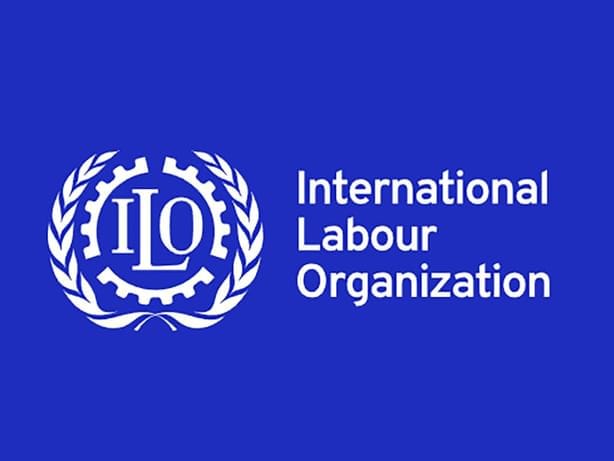The ILO is concerned about the number of unemployed youth despite the falling unemployment rate.

The latest report from the International Labour Organization (ILO) indicates an improvement in the global labor market outlook for young people over the past four years. This positive trend is anticipated to continue for an additional two years. However, the report, titled Global Employment Trends for Youth 2024 (GET for Youth), raises concern about the number of 15- to 24-year-olds who are not in employment, education, or training (NEET). It highlights that the post-COVID-19 pandemic employment recovery has not been evenly distributed, with certain regions and many young women not experiencing the full benefits of the economic recovery.
In 2023, the youth unemployment rate stood at 13 percent, representing 64.9 million individuals. This figure marks a 15-year low and a decrease from the pre-pandemic rate of 13.8 percent in 2019. It is projected to further decrease to 12.8 percent in the current year and the following year. Nevertheless, disparities in youth unemployment rates persist across different regions. In 2023, the youth unemployment rates in the Arab States, East Asia, South-East Asia, and the Pacific were higher than those in 2019.
The report also emphasizes the hurdles that young people face in finding success in the workforce, with a significant proportion globally classified as NEET and limited opportunities to secure decent jobs in emerging and developing economies. In 2023, one in five young people (20.4 percent) worldwide were NEET, with two in three of these NEET individuals being female.
For those young people who are employed, the report observes a lack of improvement in obtaining decent jobs. Globally, over half of young workers are engaged in informal employment. Only in high- and upper-middle-income economies do the majority of young workers hold regular, secure positions. In contrast, three in four young workers in low-income countries are limited to self-employment or temporary paid jobs.
The report underscores that the persistently high NEET rates and inadequate growth in decent job opportunities are leading to increasing anxiety among today’s youth, who represent the most educated youth cohort in history. In response, the report calls for escalated and more effective investment, including targeted job creation for young women, reinforcement of institutions supporting young people in their labor market transitions, integration of employment and social protection for youth, and addressing global inequalities through enhanced international cooperation, public-private partnerships, and development financing.
